Posted on 8/9/2021
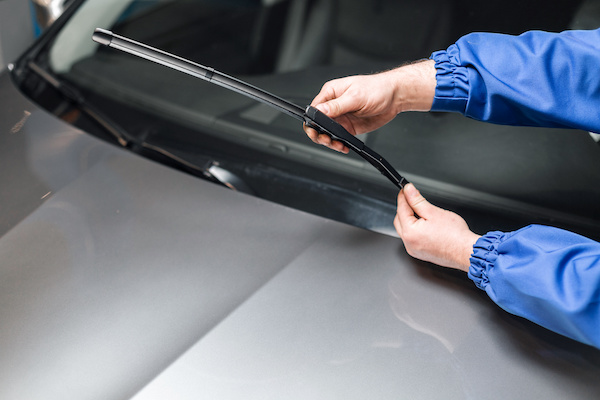
Operating windshield wipers are imperative to both your safety and the safety of other motorists on the road. We often don't forget about them and don't consider them part of our regular vehicle maintenance. However, they are just as important as your oil change and tire rotations. Please do not wait until it's too late to replace your wiper blades, as it could lead to major accidents and injuries. If you want to be extra cautious, you should replace your wipers every six to twelve months. The interval between each replacement can vary depending on usage, blade quality, and other outside factors. Here's What to Look Out For You can rely on your senses to determine whether you need new windshield wiper blades. Good, functioning wipers should always be able to clean and clear out the rain or snow on your windshield. Here are top symptoms to be on the lookout for: Squeaky Sounds It can be very frustrating and distracting to hear high-pitched screeches while tryi ... read more
Posted on 7/9/2021
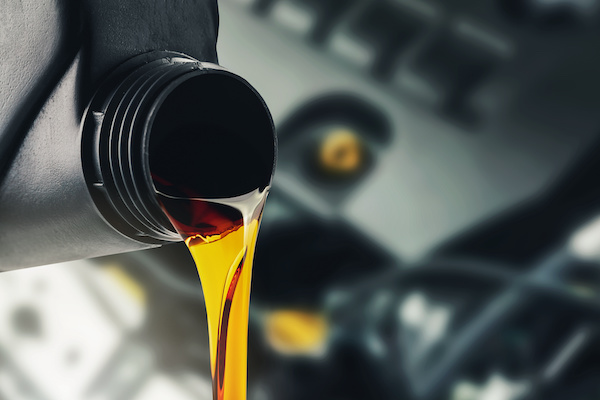
When it comes to your car's maintenance, engine oil is the ultimate responsibility. Oil is what enables the various parts of your engine to seamlessly run without bumping together, inefficient wear, and unbearable temperatures. However, several myths and misconceptions have either invaded general knowledge when it comes to motor oil. It's time we set the record straight. Here are five of the most popular motor oil myths, debunked: Myth 1. Dark Oil Always Needs to Be Replaced The dark color is not the only indication that your oil is dirty or no longer doing its job. Some oils turn dark as quickly as the additives designed to clean your engine start working depending on the oil. Nevertheless, gritty or grainy oil is contaminated and dirty. If you notice that it is infected, it needs to be changed immediately. Myth 2. Get Your Oil Changed Every 3,000 Miles While you may associate "every 3,000 miles" with oil change intervals, it's not always necessary. Some vehi ... read more
Posted on 6/15/2021
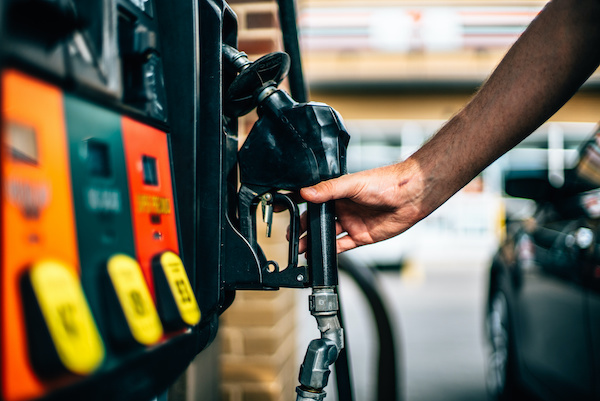
With the demand for gas increasing this summer, gas prices seem to be on the rise again. Whether you're going back into the office for work or heading to the beach for a much-needed getaway, getting the most out of your gas will once again be a priority. Here are some helpful tips to improve your fuel mileage: 1) Pay Close Attention to Your Tires There are three factors regarding tires that will impact your fuel consumption: tires out of tread, tires out of alignments, and imbalanced tires. 2) Take It Easy On The Gas Research shows that driving slower and smoother has more significant savings. Every time you jack up your RPM when accelerating, you're burning more fuel—the less of that you do, the more money you'll save. 3) Consider Using Cruise Control on the Highway If your car has a cruise control setting, you might consider using it to maximize your MPG. Using this feature on the highway will save you some coin by putting your car at a stead ... read more
Posted on 5/17/2021
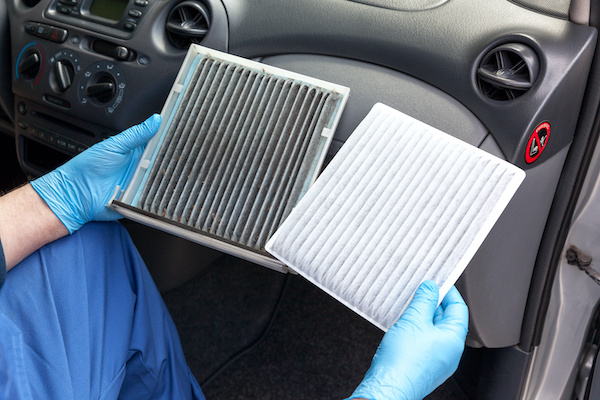
The air in the passenger compartment is cleaned by a cabin air filter as it reaches the vehicle through the heating, air conditioning, and ventilation system. Before the air reaches your car, the filter clears it of dust, pollen, smoke, and other pollutants. Many late-model vehicles have a cabin air filter, which is normally located around the glovebox area, including directly behind the glovebox with access to the filter either through or through glovebox removal. The cabin air filter can also be found in the back section of the outside air intake, above the fan, or between the fan and the HVAC enclosure. If you're not sure, have a mechanic look at your vehicle and see where the cabin filter is located before removing it. When Do You Replace The Cabin Air Filter? It can be difficult to know when to adjust the filter. You don't want to waste money by replacing it too fast, but you also don't want to wait until the filter stops working. According to recommendations, the c ... read more
Posted on 4/21/2021
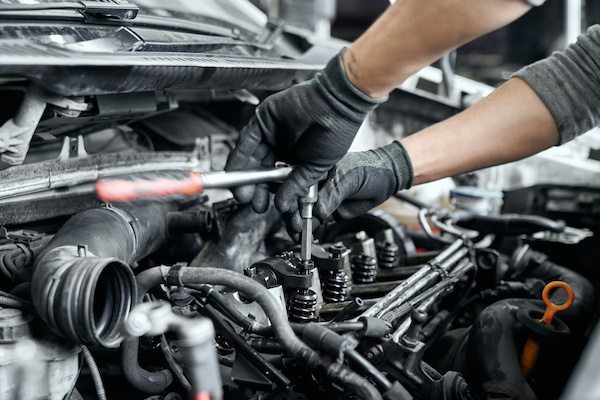
Engine misfires are on the list of annoying vehicle issues accompanied by horribly loud sounds. Whether it's been your own car or someone driving around town, the loud pop that a misfire makes is unmistakable. After the sound comes to the smell of hot gas and oil, cementing the notion that something is very wrong. What Causes An Engine Misfire Misfires happen when there's a failed combustion within the engine. Your pistons work with the fuel and ignition systems of your vehicle to create small controlled explosions inside each cylinder. This creates power and force to drive the piston back up and keep repeating over and over for consistent engine power. When any of those cooperating systems fail, you get a misfire. It could be a bad coil, ignition wire, or spark plug which means the explosion isn't being triggered properly. Another option would be that the air/fuel mixture created doesn't have the correct ratio needed for the right level of combustion. Are Misfires ... read more